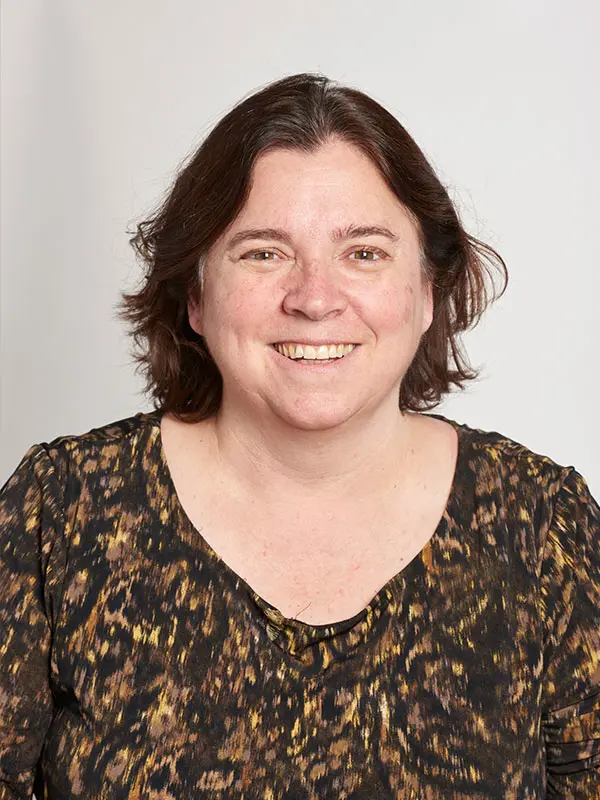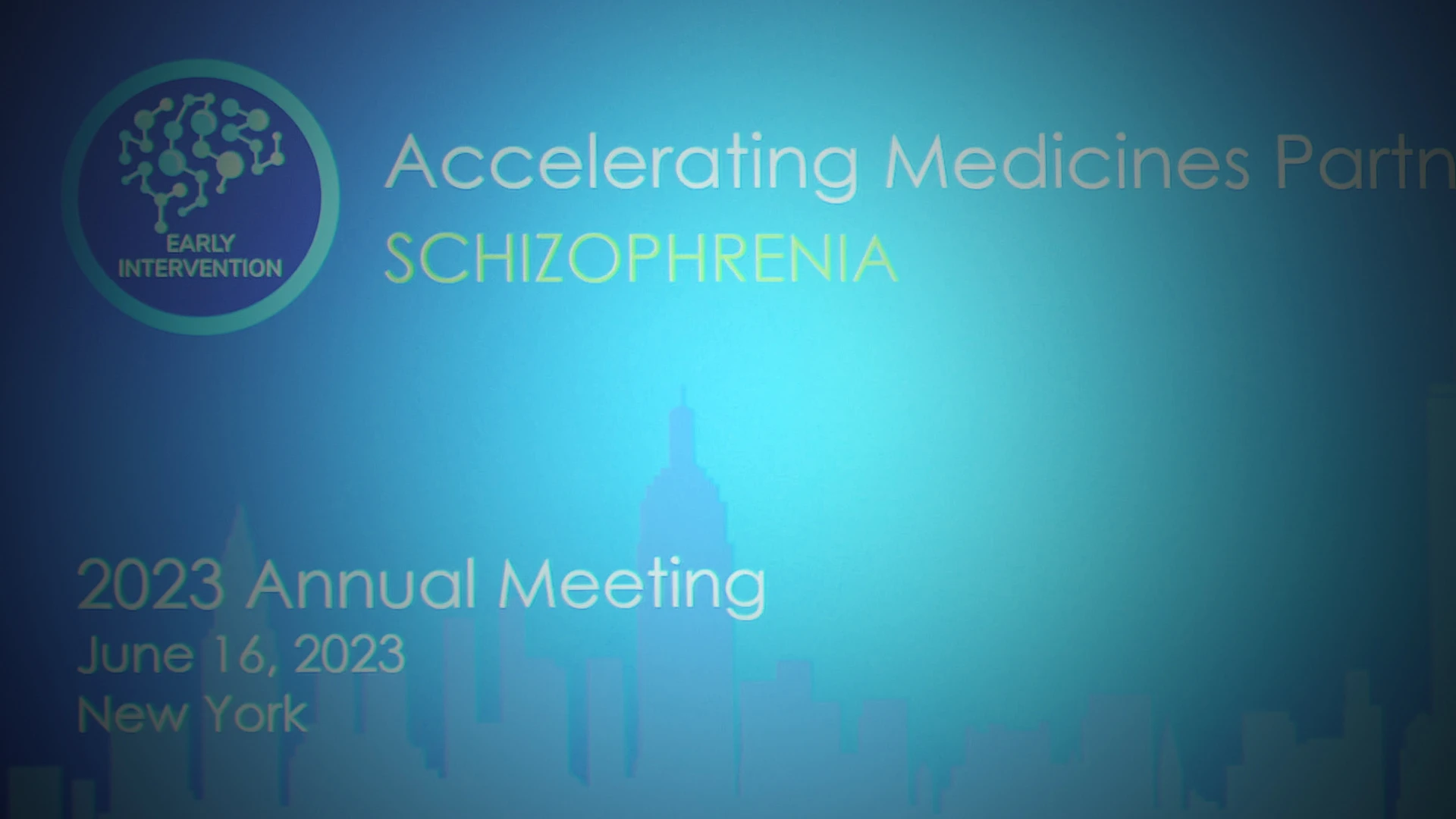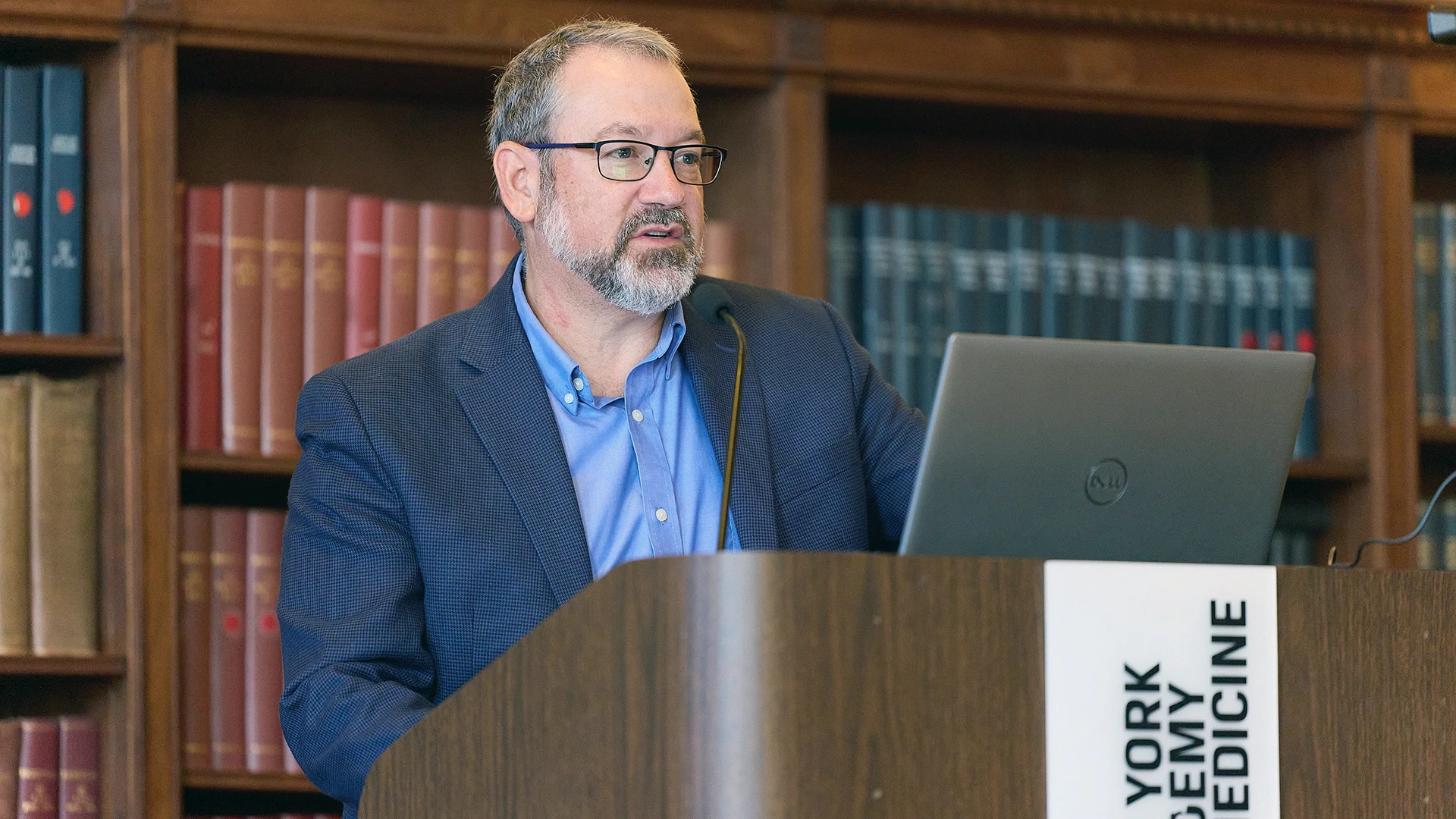A global network of institutions has been working together for years to study young people who are at clinical high risk for schizophrenia in order to find characteristics linked to long-term outcomes. Now, this network is ready to enter a new phase of testing novel interventions for treating and preventing schizophrenia, with psychiatrists at the Icahn School of Medicine at Mount Sinai poised to play a key role.
This network is called the Accelerating Medicines Partnership Schizophrenia (AMP SCZ), which launched in 2020 as a $99.4 million, five-year program. It is a partnership between the National Institute of Mental Health (NIMH), the U.S. Food and Drug Administration, the European Medicines Agency, and private organizations, including pharmaceutical and life science companies, with 43 clinical sites across North America, South America, Australia, Asia, and Europe.
“Mount Sinai has a long tradition of studying schizophrenia and collaborating with other leaders in this field, which makes the institution a great partner for the program,” says René Kahn, MD, PhD, Esther and Joseph Klingenstein Professor and Chair of Psychiatry at Mount Sinai. AMP SCZ is collecting data on biomarkers that could help predict which individuals are at risk for developing psychosis. Underpinning that effort is the Data Processing, Analysis, and Coordination Center (DPACC), which integrates and analyzes research data from study sites, with Dr. Kahn co-leading the project with Martha Shenton, PhD, Director of the Psychiatry Neuroimaging Laboratory at the Brigham and Women’s Hospital at Harvard Medical School.
~2,500
targeted enrollment
12-30
age range of participants
43
sites of enrollment
13
countries participating
While several small studies have explored the factors associated with schizophrenia risk, AMP SCZ will take a more comprehensive approach to understanding how and for whom early signs of psychosis may develop into schizophrenia. “This is a significant commitment by NIMH to do a definitive study, with thousands of participants at dozens of sites across the world,” says Cheryl Corcoran, MD, Associate Professor of Psychiatry, and Program Leader in Psychosis Risk at Icahn Mount Sinai. She is a co-lead of the Data Acquisition Core of DPACC, alongside Marek Kubicki, MD, PhD, Associate Director of the Psychiatry Neuroimaging Laboratory at the Brigham and Women’s Hospital at Harvard Medical School.
The program is expanding to establish clinical trials to test new drug candidates for treating and preventing schizophrenia and related mental illnesses. Those trials are expected to launch at study sites by the summer of 2024, with Mount Sinai expected to be a key recruitment site, says Dr. Kahn, as well as continuing to oversee data quality and analysis.
The institution is well suited to playing key roles in schizophrenia research, in part because it serves such a large and diverse population across the New York City region, adds Dr. Corcoran. “At Mount Sinai, there’s an ethos of collaboration, and researchers are actively engaged with the community,” she says. Patients receiving services at Mount Sinai’s Psychosis Risk Program are invited to participate in various research programs, including AMP SCZ. Furthermore, Dr. Corcoran and her colleagues are collecting data on a host of potential markers for schizophrenia, including structural and functional MRI, EEG to measure auditory processing, cognitive changes, blood and other fluid biomarkers, and speech and language changes.
Preparing for Next Steps
The AMP SCZ consortium is gearing up for testing of new preventive treatments. In June 2023, Mount Sinai organized the annual meeting in New York City. AMP SCZ investigators from around the world gathered to present findings on new psychosis risk biotypes, cannabidiol as a novel treatment for psychosis, and new clinical interventions for early-stage mental illness. NIMH Director Joshua Gordon, MD, PhD, gave opening remarks to the group.
The efforts by AMP SCZ build on more than two decades of research about identifying early warning signs of clinical high risk for schizophrenia, and the benefits of early intervention, including cognitive behavioral therapy, or, in some cases, antipsychotic medications. Months or even years before a schizophrenia diagnosis, young people may show signs such as changes in cognition, suspiciousness, odd thoughts and unusual beliefs, or changes in visual and auditory perception, also referred to as “clinical high risk.” “There’s a large body of evidence suggesting that the earlier you intervene in schizophrenia, the better the long-term outcomes,” Dr. Kahn says.
However, only about 10-20 percent of people at clinical high risk will go on to develop schizophrenia within two years. Without knowing who will develop schizophrenia and who will recover, it is difficult to intervene with antipsychotic medications. “Because the drugs have significant side effects, it’s not appropriate to give them to everyone,” Dr. Corcoran says.
As the consortium begins new clinical trials this summer, Mount Sinai will continue to integrate findings that can detect early-stage risks. “Ultimately, we’re hopeful this project will lead to early interventions to delay or even prevent the progression to schizophrenia,” Dr. Corcoran says.
Featured

Cheryl Corcoran, MD
Director of Mount Sinai’s Psychosis Risk Program, and Associate Professor of Psychiatry

René S. Kahn, MD, PhD
Esther and Joseph Klingenstein Professor and Chair, Department of Psychiatry and Behavioral Health




